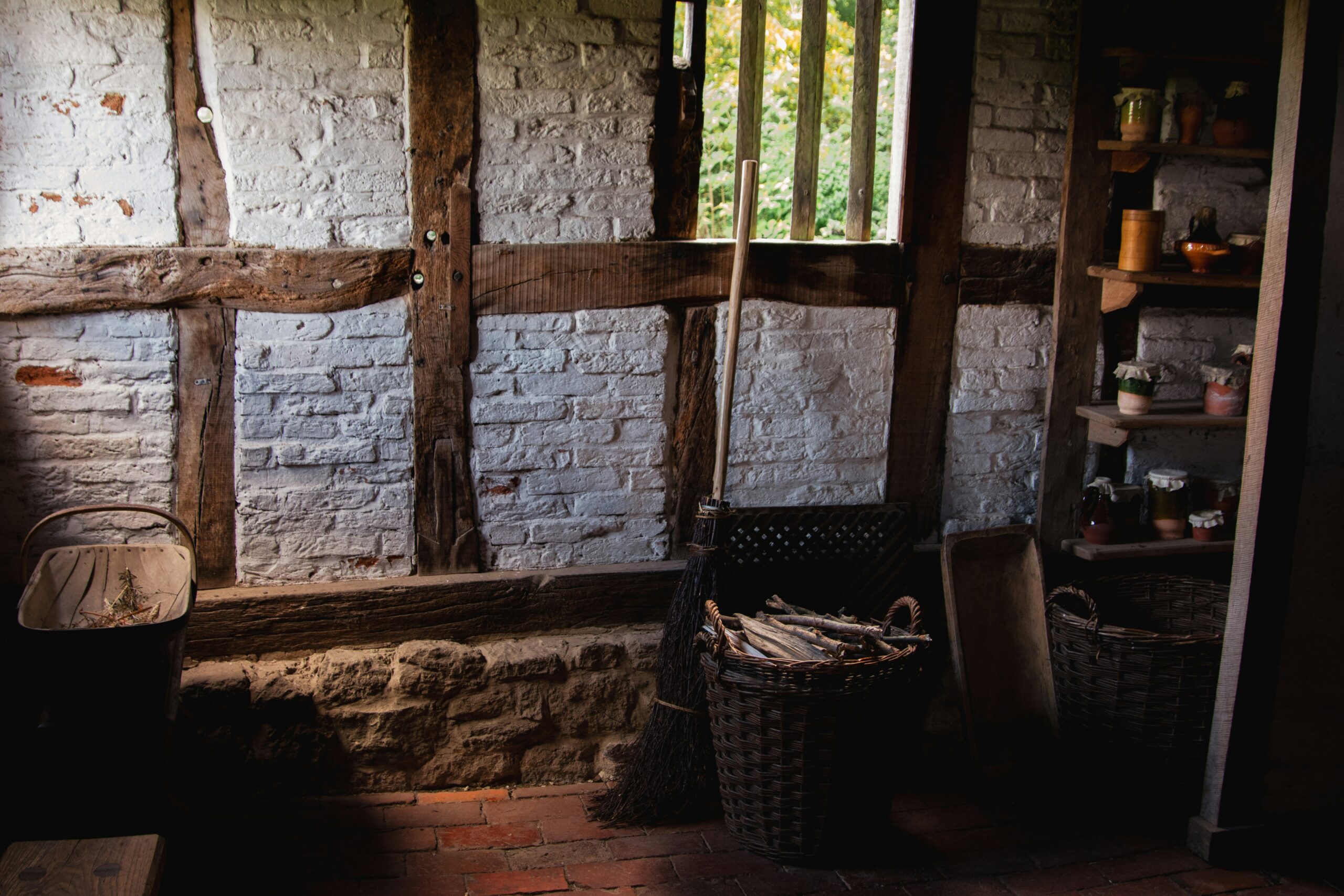by Dr. Alice Krzanich, Lecturer in Law and Legal History, University of Aberdeen
The history of employment law in Scotland is an under-researched topic. While some aspects of law and labour in Scotland’s past have been examined, others have been barely touched at all. Moreover, while many elements of employment law in modern-day Scotland are similar or identical to those in England and Wales, Scots law has its own distinct history concerning labour and employment. This is due to Scotland’s unique legal institutions and juristic traditions. There is consequently a need to investigate the history of employment law in Scotland more fully and to tease out some of the themes of its development.
This blog entry illustrates some of that distinct legal heritage by examining the employment of domestic servants in early nineteenth-century Scotland. In particular, it shows how Scots contract law regulating domestic service shared certain analytical features with the law of leases in the period c. 1800–1850. This may seem surprising, as the employment of domestic servants may (outwardly at least) seem to have little directly in common with leases of property. Yet this analysis will reveal commonalities between the two, resulting from the influence of Roman law alongside customary practices. Moreover, the law of leases was not the only area of private law that the contract of domestic service shared connections with in the nineteenth century; it was also often conceived as part of the law of familial obligations. This raises further questions about the nature of historical Scottish master-servant law, which this analysis will highlight.
Leave a Comment
